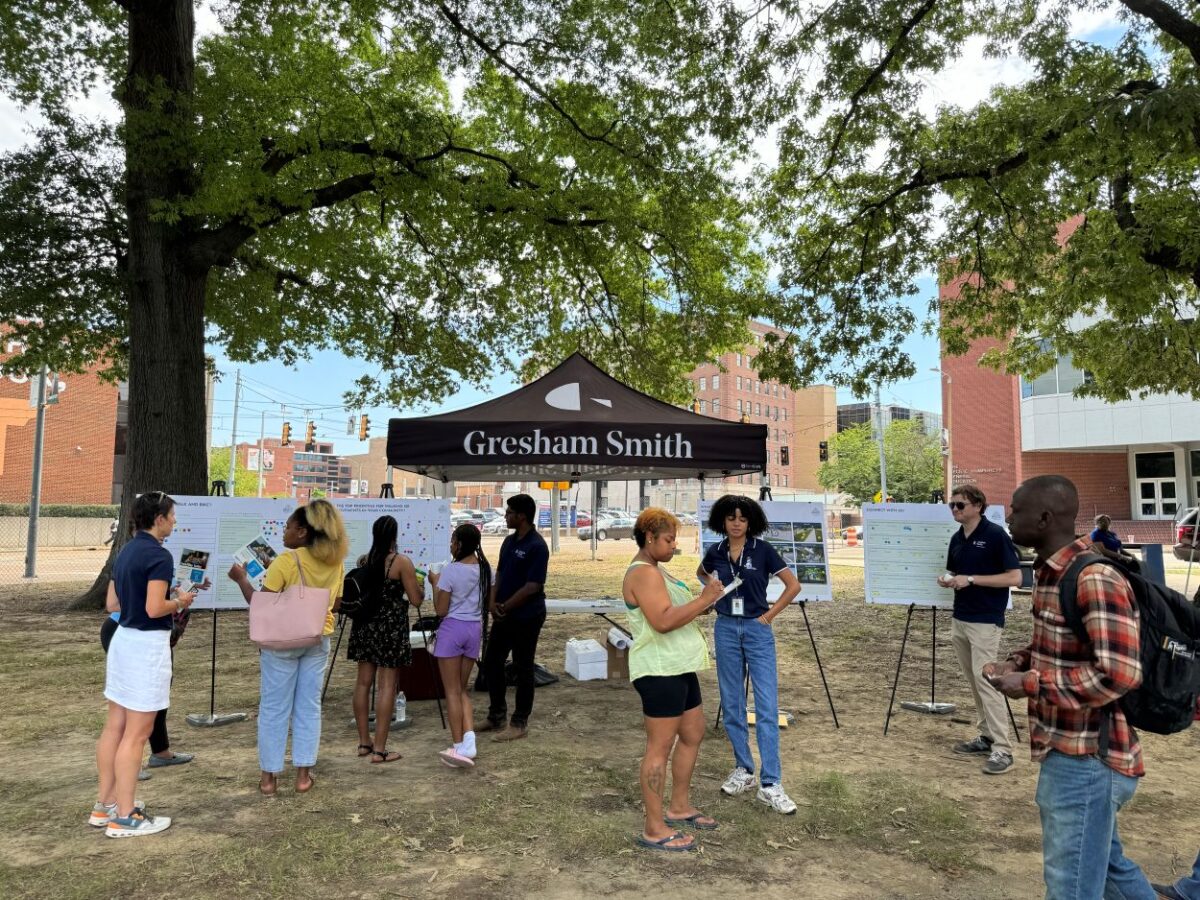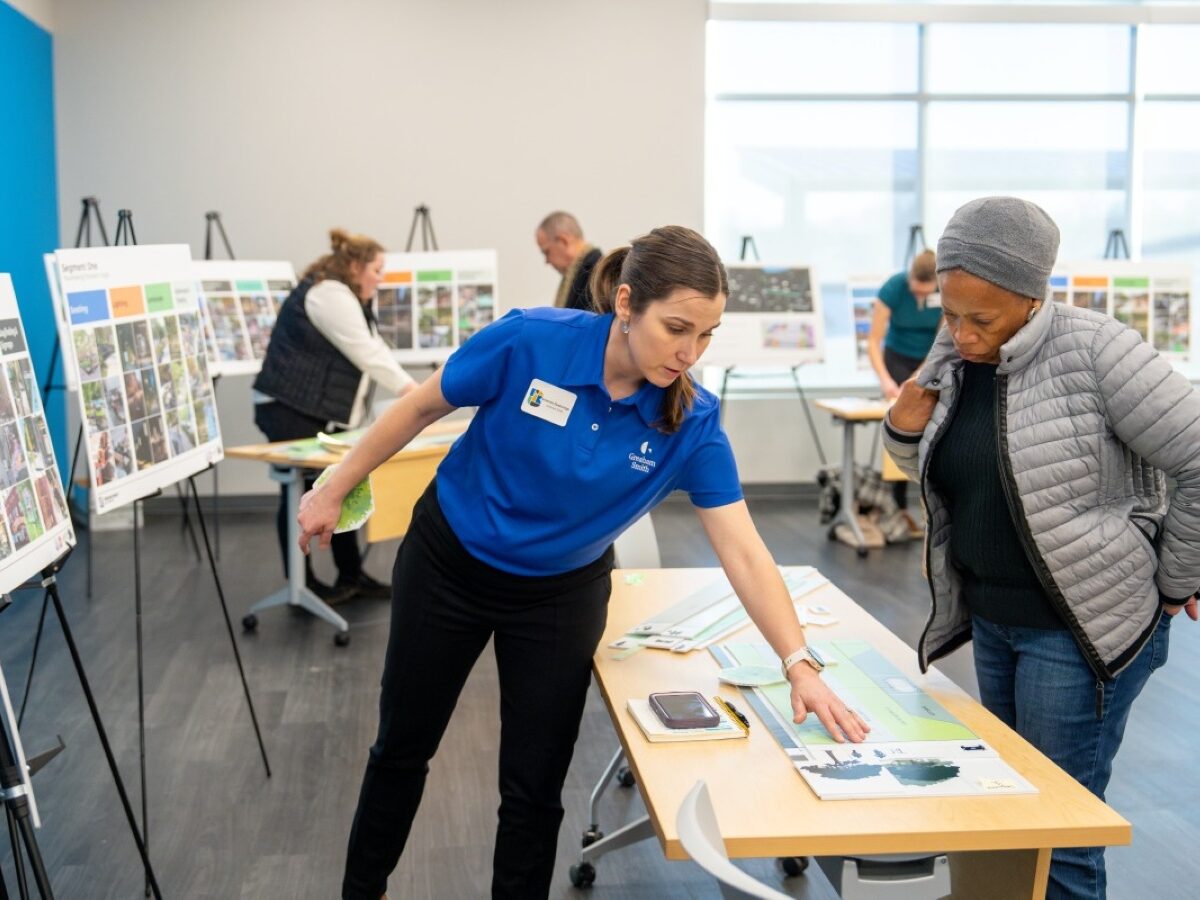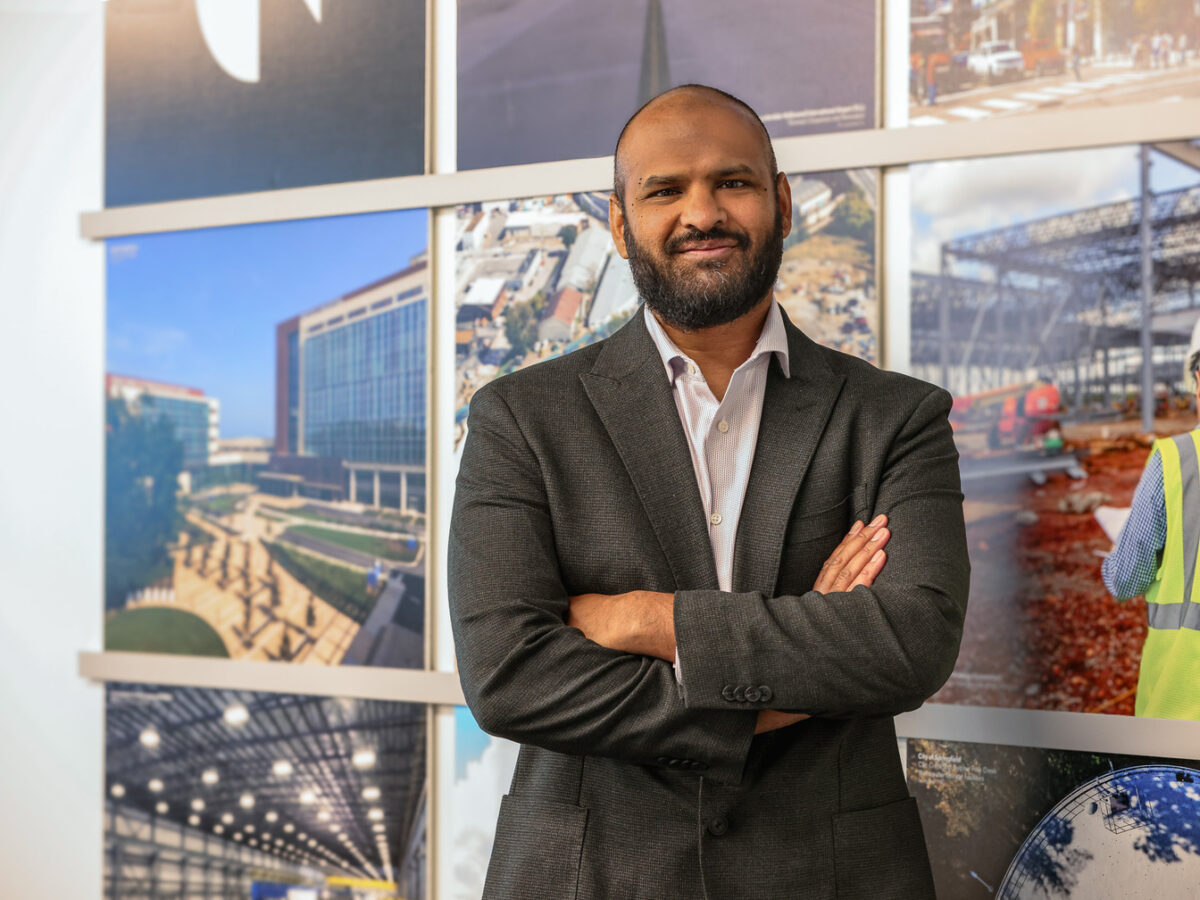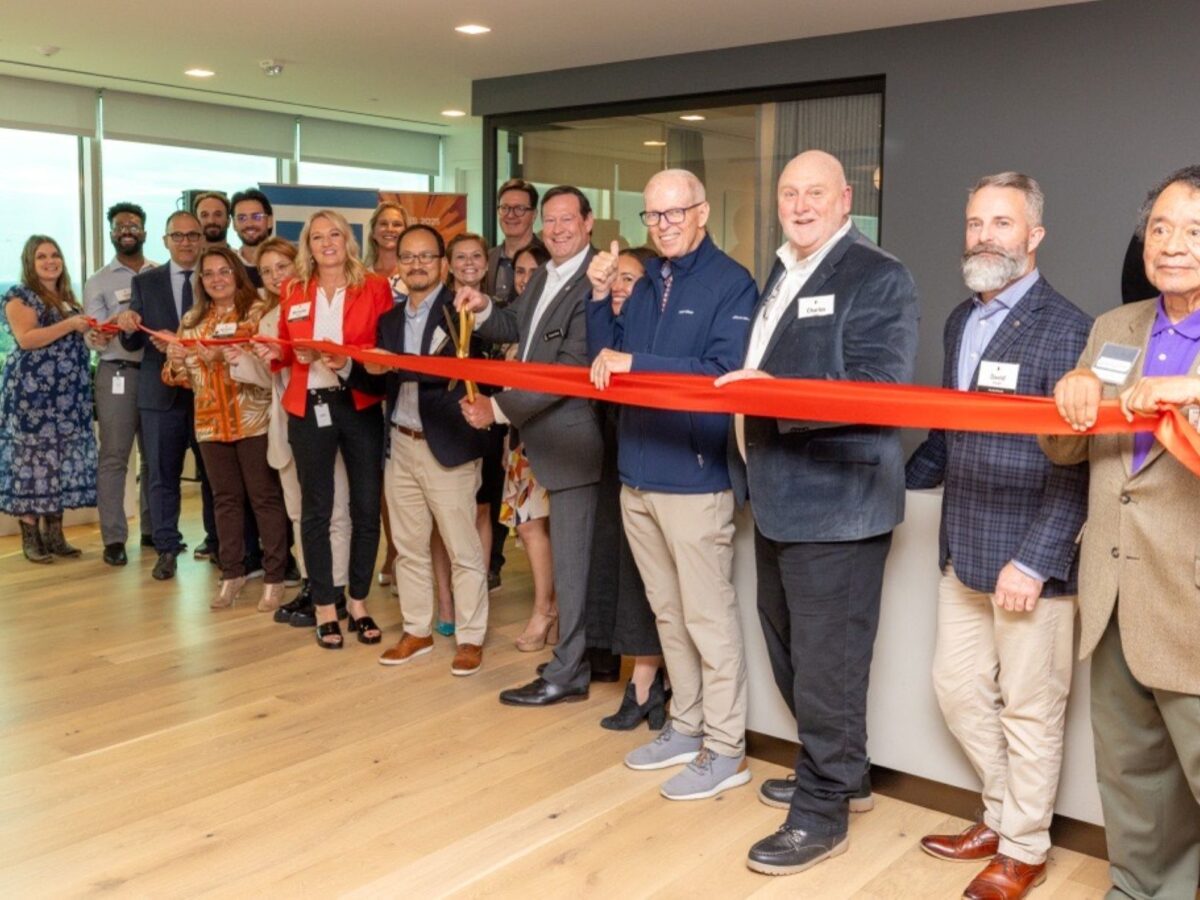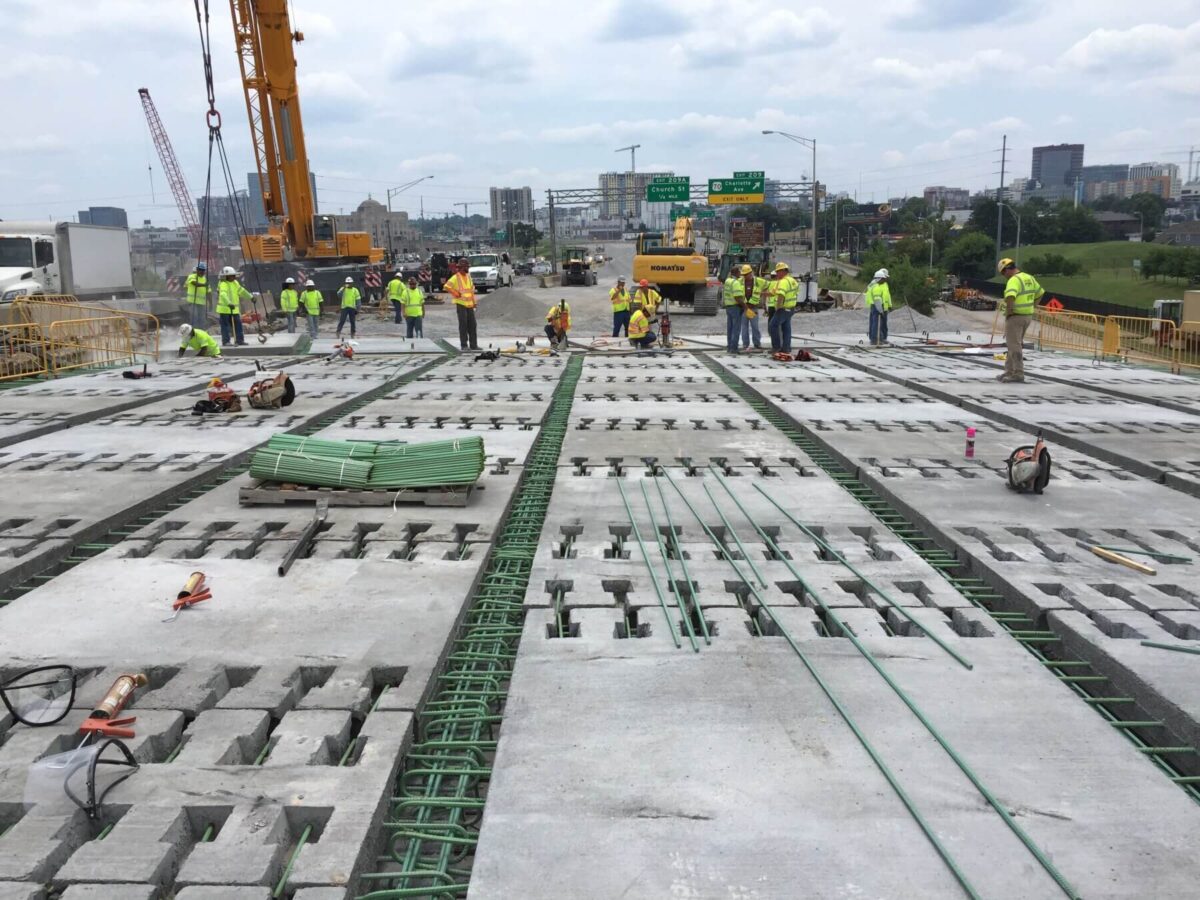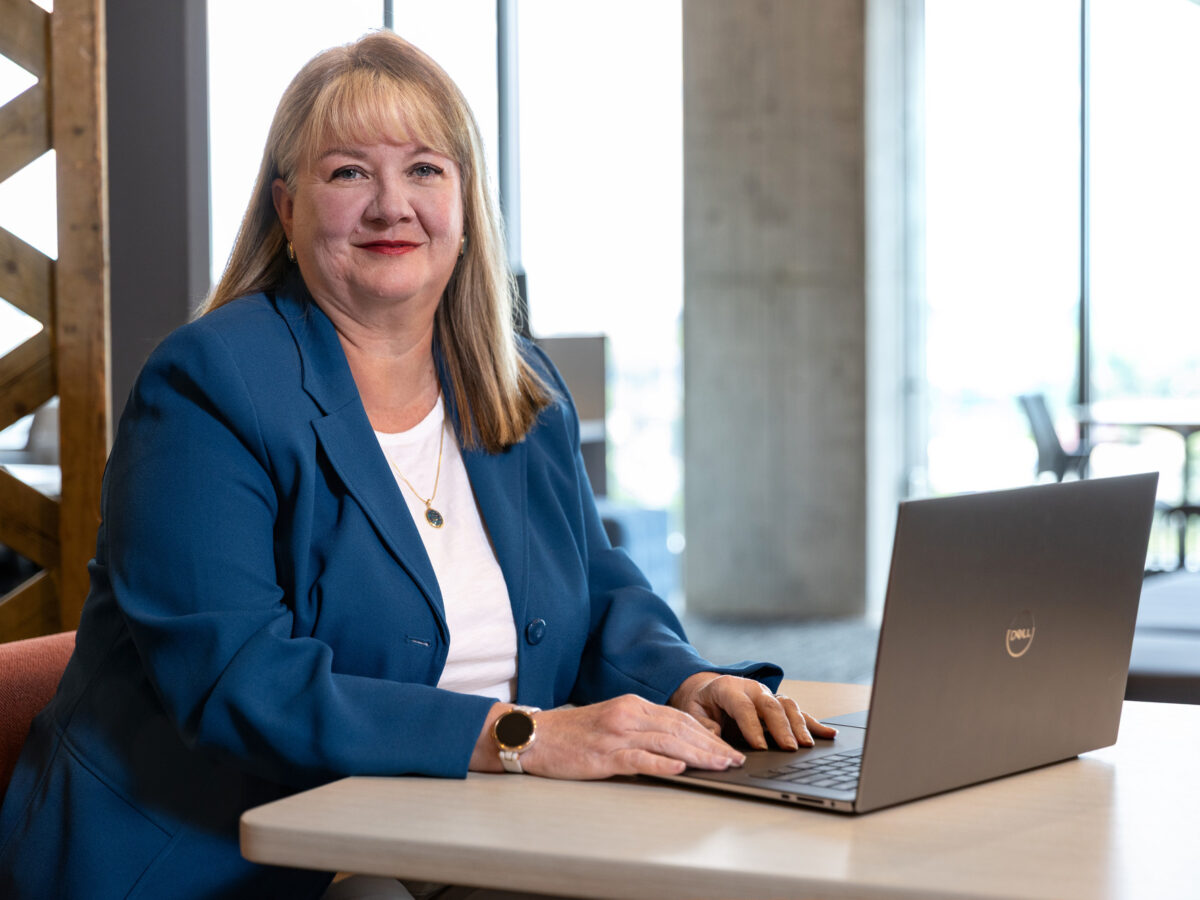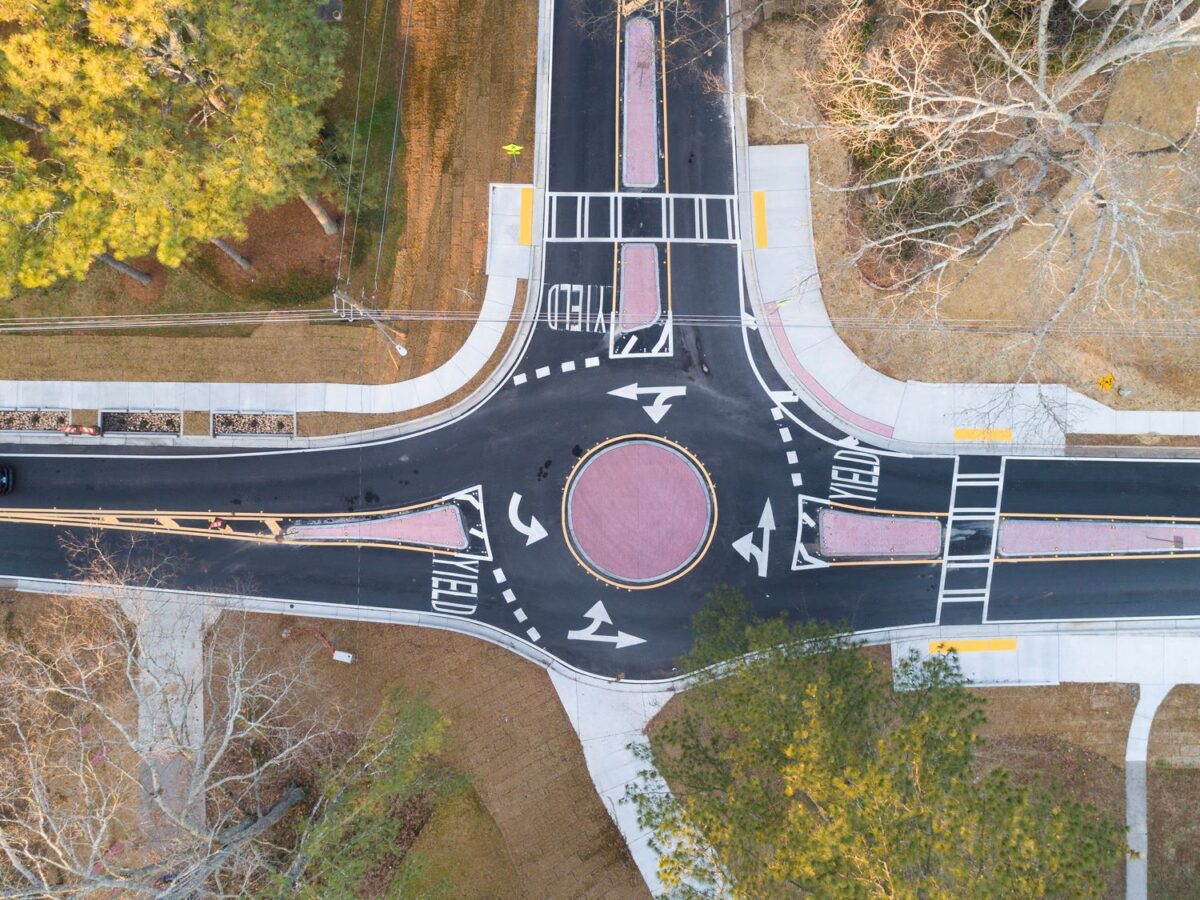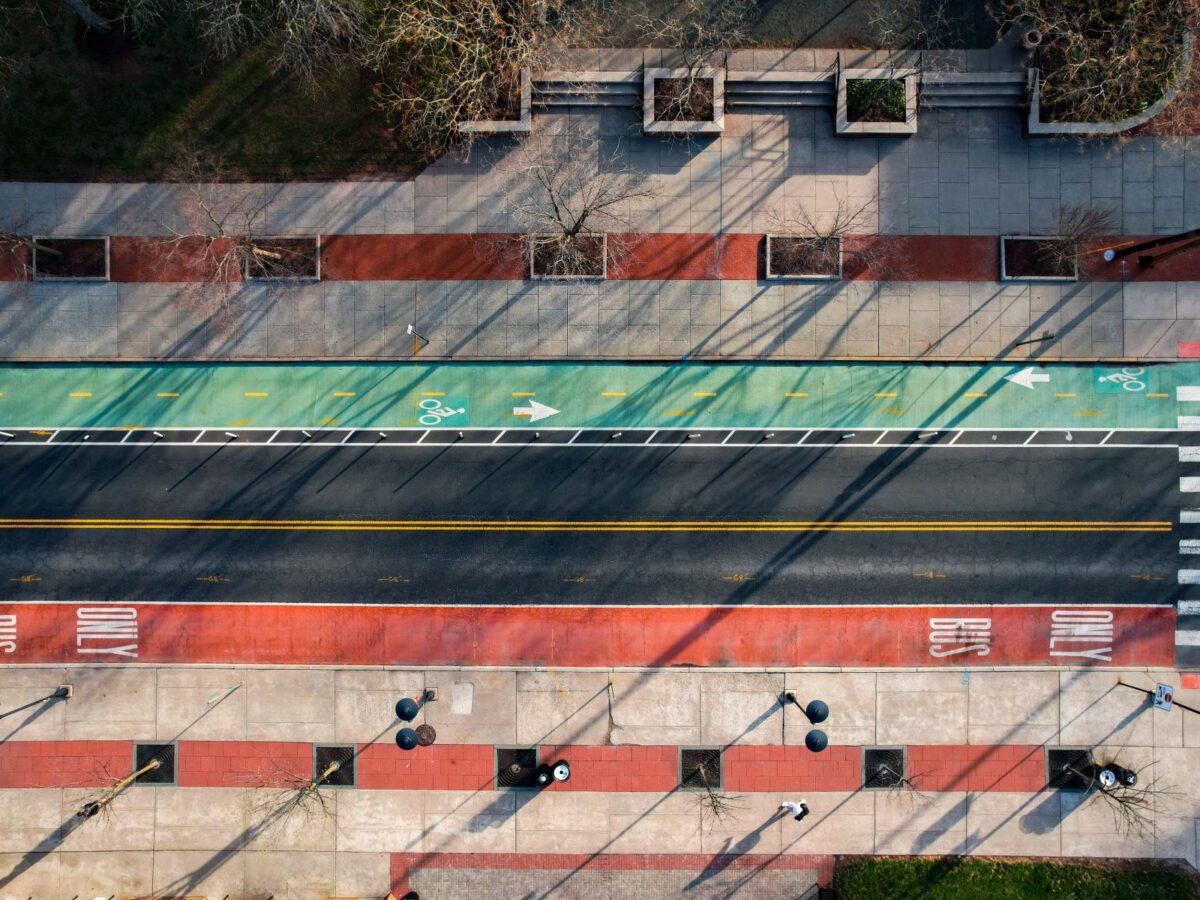Gresham Smith is excited to announce that two of the firm’s experts will speak at the Transportation Research Board’s annual meeting from Jan. 5-9, 2025. Director of Innovation Mike Sewell, P.E., LCI, will speak about the impact of artificial intelligence on infrastructure design, while Engineering Technician Abim Ogungbire will co-present research on the public’s feedback related to a pilot of autonomous shuttles.
Summaries of each presentation are below. More information is available on the conference website.
AI in Action: Shaping Infrastructure Design
Presented by Director of Innovation Mike Sewell
Monday, Jan. 6 at 2:30 p.m. EST.
Artificial intelligence (AI) is everywhere, but what are viable use-cases in transportation? AI is transforming the way we design and manage infrastructure, helping to improve efficiency, safety, and sustainability. By analyzing vast amounts of data, AI allows designers and planners to optimize layouts and predict potential challenges early in the process, leading to smarter, more resilient infrastructure. Using drones, IoT devices, and sensors, AI can track construction progress, monitor safety, and assess quality in real time, reducing human error and increasing overall project accuracy. Additionally, AI-driven predictive maintenance tools allow us to better manage the lifecycle of infrastructure by forecasting issues before they arise, extending the lifespan of critical assets, and reducing long-term costs. This presentation will highlight real-world applications of AI in infrastructure design and management, showcasing how the technology is shaping the future of transportation and urban development by enabling more responsive and adaptive solutions.
Autonomous Shuttles in the Public Eye: Mediators on the Path to Successful Expansion
Co-presented by Abim Ogunbire, along with Panick Kalambay, University of Washington, Tacoma; Norris Novat, Leidos, Inc.; Boni Kutela, Texas A&M Transportation Institute; Angela Kitali, University of Washington, Tacoma; and Emmanuel Kidando, Cleveland State University.
Tuesday, Jan. 7 at 1:30 p.m. EST.
The rapid advancement of autonomous vehicle technology has positioned autonomous shuttles as a potential game-changer in public transportation, promising enhanced mobility, reduced emissions, and lower operational costs. However, public skepticism surrounding their safety, reliability, and overall acceptance poses a significant barrier to widespread deployment. Our study, conducted in collaboration with researchers from the University of Washington, Texas A&M University, Leidos, and Cleveland State University, addresses this critical industry challenge by investigating the factors driving public support, opposition, and safety perceptions of autonomous shuttles. Using real-world data from the Cary Autonomous Shuttle Service Initiative (CASSI) pilot in Cary, North Carolina—the first of its kind in the state—we analyze public feedback to identify key determinants influencing trust and ridership.

